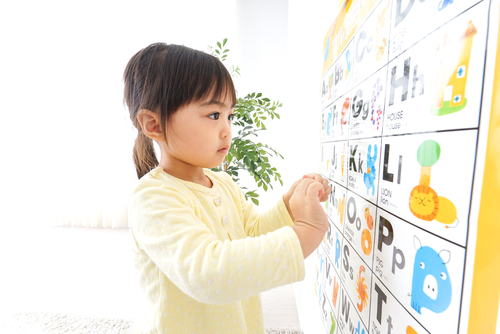
Are some languages more difficult than others?
Question from ‘Curious Kid’ Maria Júlia, aged 14, São Lourenço, Brazil in The Conversation:
Some languages seem harder than others. Does that mean that the brains of people who speak those languages are more stimulated?
Are some languages harder than others? For example, is Japanese more difficult than English?
To answer the question, the first thing we have to do is distinguish between babies learning their first language and children or adults learning a second language. For babies who learn their first language, no language is harder than another. Babies all learn their first language in about the same period of time. This is because learning a language is natural for all babies, like learning to walk.
A baby’s brain comes into the world prepared to learn any human language they hear spoken around them. The brain gets the same stimulation from exposure to any language, although it adapts to certain features of the language such as specific sounds. There is no evidence that some languages make you smarter.
In fact, babies can even acquire two (or more) languages together, if they hear them regularly. The languages can be similar, like Portuguese and Spanish, or very different, like English and Chinese – but the baby’s brain can learn them at the same time.
But that changes if you already speak a language and are learning a second one. A language that is very different to the one you already know is going to seem harder than one that’s quite similar to your first language.
Read more here: https://theconversation.com/curious-kids-are-some-languages-more-difficult-than-others-196250



Please sign in below
Did you forget your password? Click here
Don't have an account yet? Register here